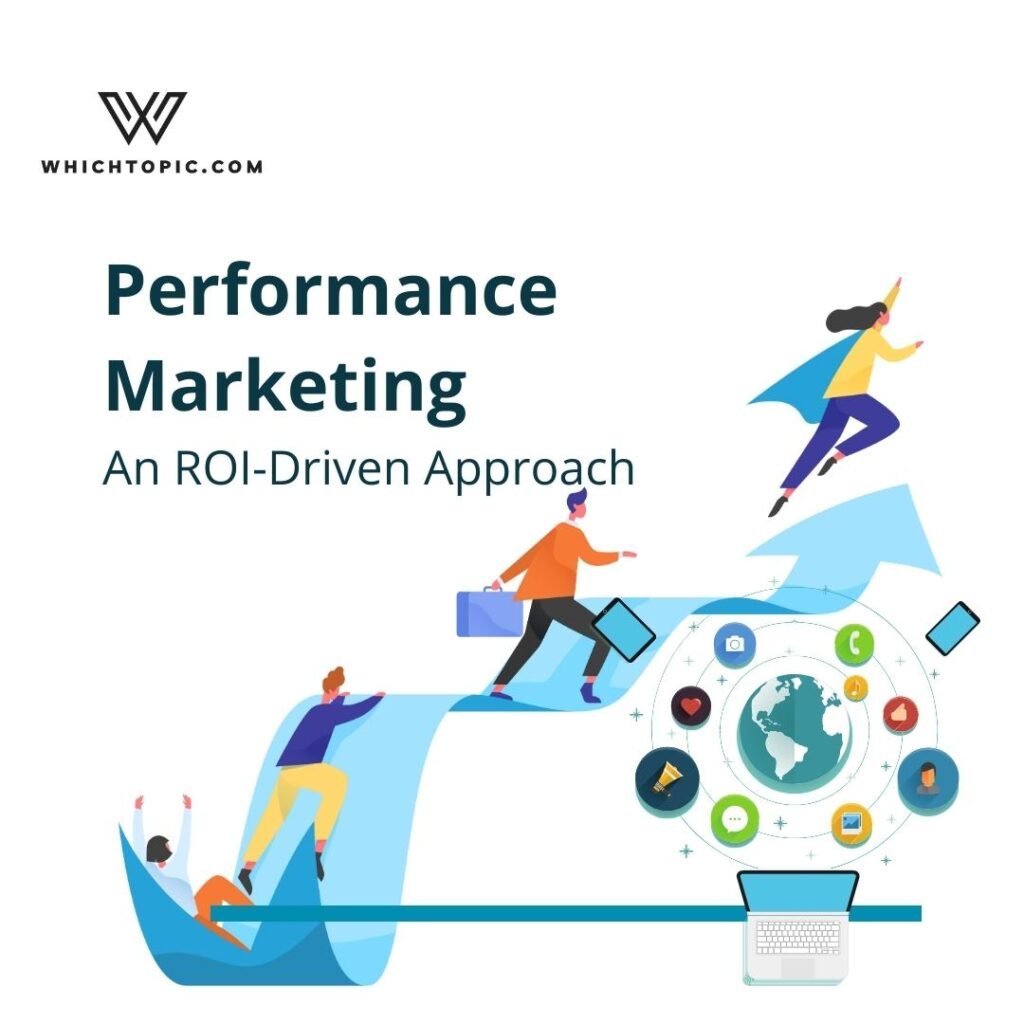Table of Contents
ToggleSustainability and Ethical Advertising: Shaping the Future of Marketing
In today’s rapidly evolving market, sustainability and ethical advertising are not just buzzwords but essential practices that can significantly enhance a brand's reputation and consumer trust. This detailed exploration discusses the importance of integrating sustainability and ethics into advertising strategies, underpinned by relevant statistics and expert insights.

The Rise of Conscious Consumerism
Understanding the Shift in Consumer Preferences
Recent years have seen a dramatic shift towards conscious consumerism. Consumers are increasingly making purchasing decisions based on not only what they want but also how their choices impact the environment and society. According to a Nielsen report, 73% of global consumers say they would definitely or probably change their consumption habits to reduce their impact on the environment.
The Demand for Transparency
Transparency is at the heart of ethical advertising. Today’s consumers expect brands to be honest about their products and business practices. A study by Label Insight reveals that 94% of consumers are likely to be loyal to a brand that offers complete transparency.
Implementing Sustainability in Advertising Strategies
Eco-friendly Campaigns
To meet consumer expectations, many companies are adopting eco-friendly campaigns that highlight their commitment to sustainability. This involves using sustainable materials in advertising, reducing waste, and promoting recycling and upcycling practices.
Case Study
Zomato's Sustainability Initiatives
100% Plastic Neutral Deliveries: Zomato has committed to being 100% plastic neutral. This initiative includes steps like ensuring 74% of orders are delivered without cutlery, which has prevented tons of single-use plastic from reaching landfills. Additionally, Zomato signed up for the EV100 initiative and plans to transition to a 100% electric vehicle (EV) fleet by 2030, reducing its carbon footprint significantly .
Swiggy's Environmental Efforts
EV Food Deliveries Pilot: Swiggy has initiated a pilot project for EV food deliveries in 10 Indian cities as part of its strategy to adopt more sustainable and environmentally friendly practices. This move is aimed at reducing emissions associated with the delivery of food items. Additionally, Swiggy introduced mechanical bicycles to a significant portion of its fleet, further contributing to its sustainability goals .
Zara
Sustainability Commitments: Zara, under its parent company Inditex, has set ambitious sustainability goals, aiming to cut emissions across its value chain by 50% by 2030 and achieve net zero carbon emissions by 2040. The brand has committed to using innovative materials and extending circularity initiatives like Zara Pre-Owned to reach these targets.
Ethical Practices: Zara is enhancing its use of recycled textiles and raw materials from organic and regenerative farming practices, which supports its sustainability objectives.
Blinkit
Sustainability Efforts: Previously known as Grofers, Blinkit has made significant strides in sustainability by focusing on reducing delivery times, which indirectly minimizes carbon emissions. Their quick commerce model emphasizes efficiency and sustainability by optimizing delivery routes and reducing overall energy consumption.
Ethical Advertising Practices
Avoiding Greenwashing
With the increase in eco-conscious advertising, there’s a rising concern about greenwashing — the practice of making misleading claims about the environmental benefits of a product. Ethical advertising requires that claims are substantiated and credible, avoiding any form of deception. Regulatory bodies in many countries are tightening legislation to curb greenwashing, ensuring that advertising claims are verifiable and honest.
Promoting Positive Social Messages
Ethical advertising also involves promoting positive social messages. This includes addressing social issues such as inequality and inclusion in advertising narratives, which can enhance brand image and consumer relationships. For instance, campaigns focusing on diversity and inclusion have been shown to increase brand trust by 48%.
The Role of Digital Platforms in Ethical Advertising
Leveraging Technology for Greater Impact
Digital platforms offer unprecedented opportunities to implement sustainability and ethical practices in advertising. Brands can use digital analytics to tailor eco-friendly messages to specific audiences and track the effectiveness of their campaigns in real time.
Use of AI in Sustainable Advertising
Some companies are using AI technologies to optimize their advertising placements, reducing digital waste and improving the energy efficiency of their campaigns. This not only helps in minimizing the carbon footprint associated with digital advertising but also ensures better ROI by targeting the right consumers with the right messages.
Future Trends in Sustainable and Ethical Advertising
Integration with Emerging Technologies
The future of ethical advertising lies in the integration of new technologies such as blockchain for enhancing transparency and AR/VR for creating immersive experiences that promote sustainability. For example, blockchain can be used to verify the authenticity of eco-friendly products, while AR/VR can simulate the environmental impact of consumer choices, providing a powerful tool for education and engagement.
Regulatory Developments
As consumer awareness and demand for ethical practices grow, regulatory frameworks are expected to evolve. This will likely include stricter guidelines on advertising claims related to sustainability and social responsibility, prompting brands to adopt more rigorous standards in their marketing efforts.
Engage with Us
What are your thoughts on sustainability and ethical advertising? How do you see these practices impacting the future of marketing? Share your views in the comments below, or join our discussion on social media to explore how we can collectively foster a more sustainable and ethical marketing landscape.
Key Takeaways: Sustainability and Ethical Advertising
- Consumer Shifts: There’s a significant consumer demand for transparency and sustainability, influencing buying decisions.
- Brand Commitments: Brands like Zara and Blinkit are setting ambitious sustainability goals, reducing carbon emissions and optimizing operations for environmental impact.
- Transparency and Trust: Companies that practice radical transparency, like Everlane, foster greater consumer trust and loyalty.
- Ethical Practices: Adopting ethical advertising not only meets consumer expectations but also aligns with global regulatory shifts towards sustainability.


